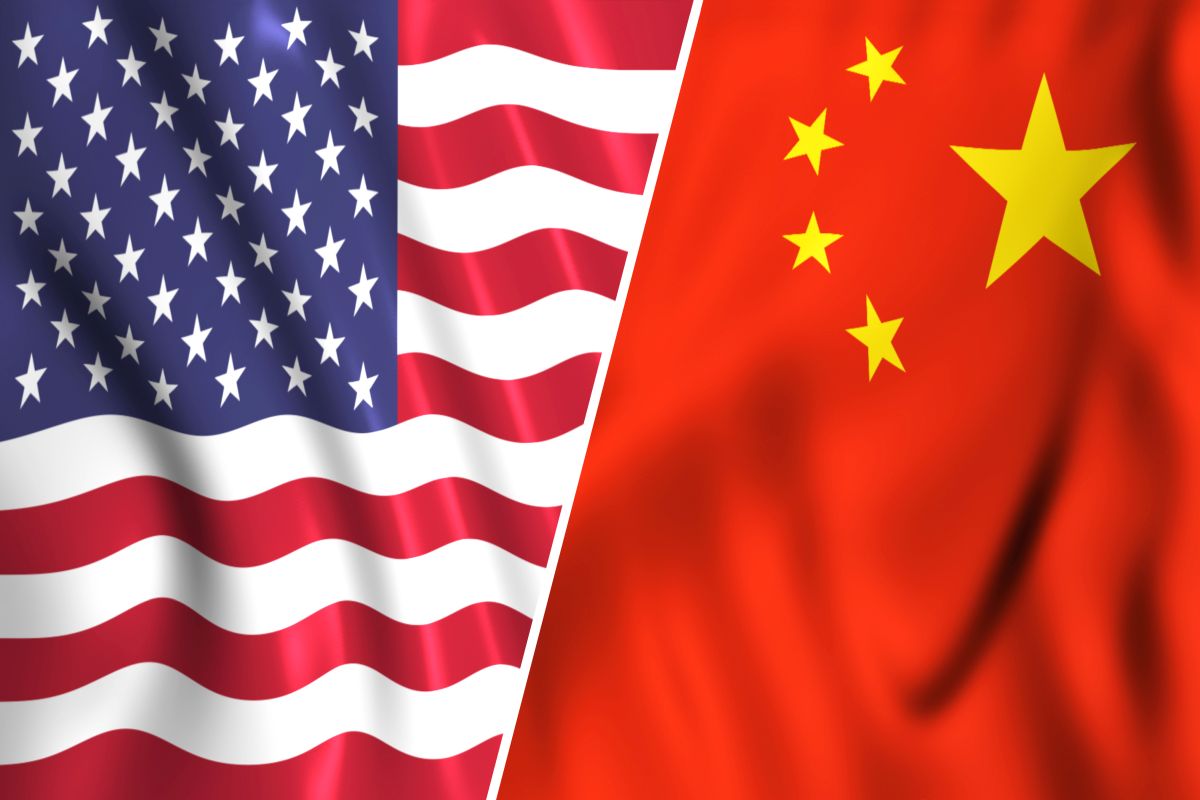Still unexplained
The hunt for the origins of Covid-19 has for the past four years been a tangled web of politics, power struggles, and international finger-pointing.
Among the legislative measures adopted by Florida are a ban on purchase of real estate by Chinese nationals who are not American permanent residents; restrictions on access to TikTok; a ban on storing sensitive data on servers controlled by the Chinese regime

Representational image (Photo: IStock)
The targeting of China that has now become an integral part of the American political discourse is here to stay even if the country’s top political office is claimed by one who is not at present considered the leading contender from his party. Florida Governor Ron DeSantis, considered an aspirant for the Republican nomination, has cemented his antiChina credentials as it were by signing laws this week that make his position quite clear.
Among the legislative measures adopted by Florida are a ban on purchase of real estate by Chinese nationals who are not American permanent residents; restrictions on access to TikTok; a ban on storing sensitive data on servers controlled by the Chinese regime, and measures to restrict public colleges and universities from accepting gifts or entering into agreements with colleges based in China.
Mr DeSantis must hope these legislative measures will burnish his image among Republicans worried about the growing Chinese influence, a narrative spawned by President Donald Trump and underlined by his successor’s actions. But these actions confirm that going into the 2024 presidential election, the China factor will remain a key foreign policy and strategic issue for American voters. The Florida governor is well behind Mr Trump in the race for the Republican nomination, but clearly hopes the new laws will help him close the gap. The China card was used, unsuccessfully as it transpired, by Mr Trump in his 2020 re-election bid.
Advertisement
He had then told voters that if he lost, all American children would have to learn Mandarin, and one of his campaign videos was titled “With Joe Biden, China is in charge”. President Biden’s rhetoric on China has matched that of his predecessor, if with more elegant phrasing, so the charge is unlikely to be as vehement should the two face off again in 2024. But before it becomes a Biden v Trump battle, they each will need to secure their party’s nomination, and Mr DeSantis’ actions make it clear that China will remain a part of the campaign furniture. There is a flip side to this heightened attention on China. Experts suggest Beijing may have stepped up its efforts to influence the American political discourse, with the objective of supporting candidates who are less inimical to its interests but sometimes just to sow chaos. According to reports filed to the US Justice Department, China spent more over the past few years to influence American public opinion than it did in any other country, a sum of $280 million.
Reports suggest that Beijing is seeking to influence the discourse through Chinese-Americans, and through deceptive paid inserts from its publications in mainstream American newspapers and magazines. The Federal Bureau of Investigation was said last year to be conducting seven times more China-related investigations than it did four years earlier. Both Google and Meta have warned of Chinese meddling in the American political process. And now Mr DeSantis has plugged into the narrative.
Advertisement